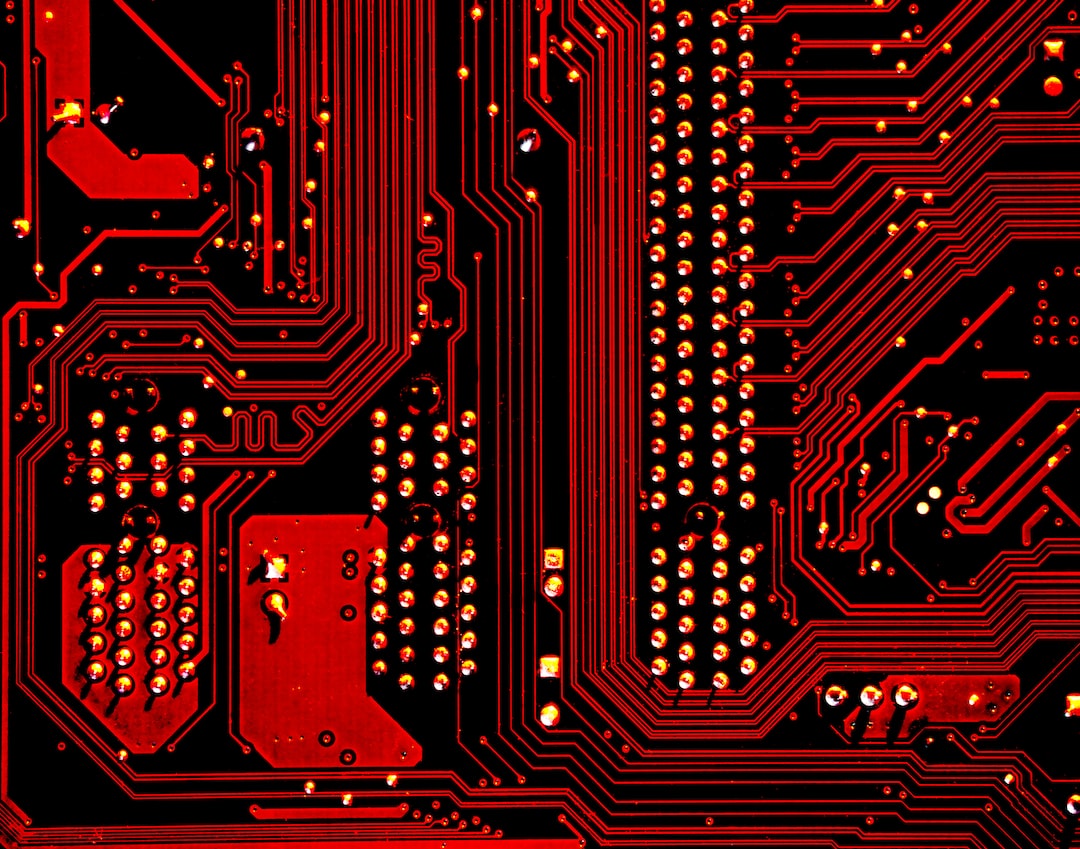The Rise of Artificial Intelligence in Modern Technology
In a world where technological advancements are occurring at an unprecedented rate, one trend that has gained significant momentum is the rise of artificial intelligence (AI). From self-driving cars and voice-activated personal assistants to medical diagnostics and virtual reality, AI is revolutionizing the way we live, work, and interact with technology. In this blog post, we will explore the various applications of AI in modern technology and its implications for the future.
AI refers to the development of computer systems capable of performing tasks that would typically require human intelligence. By mimicking the cognitive processes of the human brain, AI allows machines to learn from their experiences and adapt to new situations, making them increasingly capable of performing complex tasks without human intervention.
One of the most prominent applications of AI in recent years has been in the field of self-driving cars. Companies like Tesla, Google, and Uber have made significant strides in developing autonomous vehicles that can navigate roads, detect obstacles, and make split-second decisions based on real-time data. By combining machine learning algorithms with advanced sensors and cameras, these vehicles are bringing us closer to a future where human drivers are no longer necessary.
Another area where AI is making rapid advancements is natural language processing (NLP) and voice recognition technology. Devices like Amazon Echo, Google Home, and Apple’s Siri have transformed the way we interact with technology, allowing us to control our devices and access information using voice commands. These systems use AI algorithms to understand and interpret human speech, enabling them to provide accurate and relevant responses to our queries.
The medical field is also benefiting greatly from AI technology. Machine learning algorithms can analyze vast amounts of medical data to identify patterns and make accurate predictions. AI-powered diagnostic tools can help doctors detect diseases at an early stage, improving patient outcomes and reducing healthcare costs. AI is also being used in robotic surgeries, where precision and accuracy are paramount. By leveraging AI, surgeons can perform complex procedures with greater precision, resulting in reduced risks and faster recovery times.
AI is not limited to practical applications alone; it is also transforming the entertainment industry. Virtual reality (VR) and augmented reality (AR) technologies are enhanced by AI algorithms to create immersive and interactive experiences. AI-powered algorithms learn from user interactions and adapt in real-time to provide personalized and engaging virtual environments. Whether it is gaming, education, or training simulations, these technologies are revolutionizing the way we experience digital content.
While the rise of AI presents numerous benefits and opportunities, it also raises concerns about the potential ethical implications. The rapid integration of AI into various aspects of our lives raises questions about privacy, security, and job displacement. As AI algorithms become increasingly powerful, there is a risk of them being misused or becoming uncontrollable. It is crucial to establish guidelines and regulations to ensure the responsible development and deployment of AI technology.
Furthermore, the impact of AI on employment cannot be ignored. As AI systems become more proficient in performing tasks traditionally done by humans, there is a looming fear of job displacement. However, it is essential to recognize that AI has the potential to create new job opportunities as well. The key lies in adapting and upskilling the workforce to be able to work alongside AI systems and leverage their capabilities for greater productivity and efficiency.
In conclusion, the rise of artificial intelligence in modern technology is a game-changer. From self-driving cars and voice-activated personal assistants to medical diagnostics and virtual reality, AI is transforming the way we live, work, and interact with technology. The potential of AI is immense, but it must be harnessed responsibly to address ethical concerns and ensure the wellbeing of humanity. As AI continues to advance, it is essential for governments, businesses, and individuals to collaborate and work towards a future that leverages the power of AI for the betterment of society.

